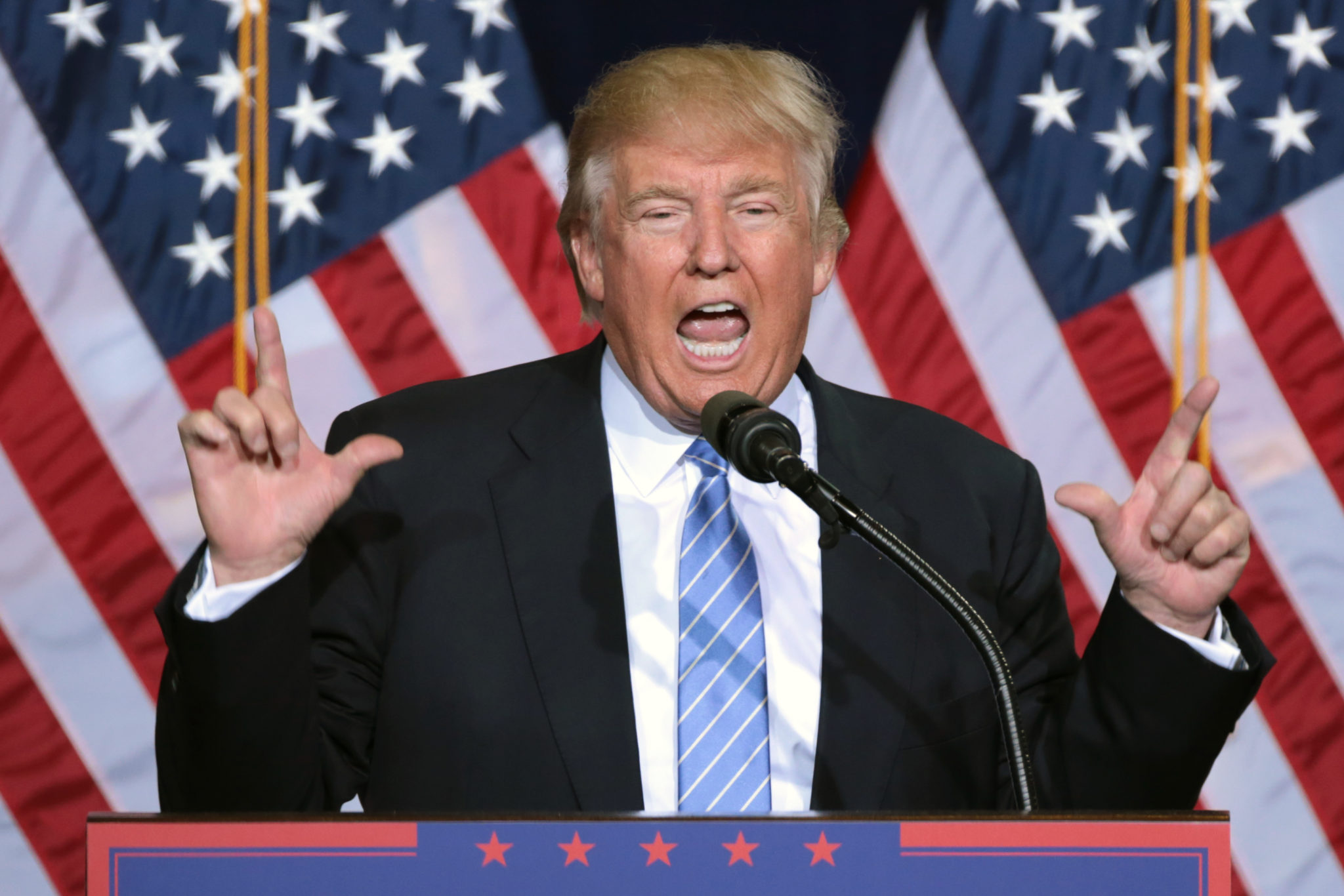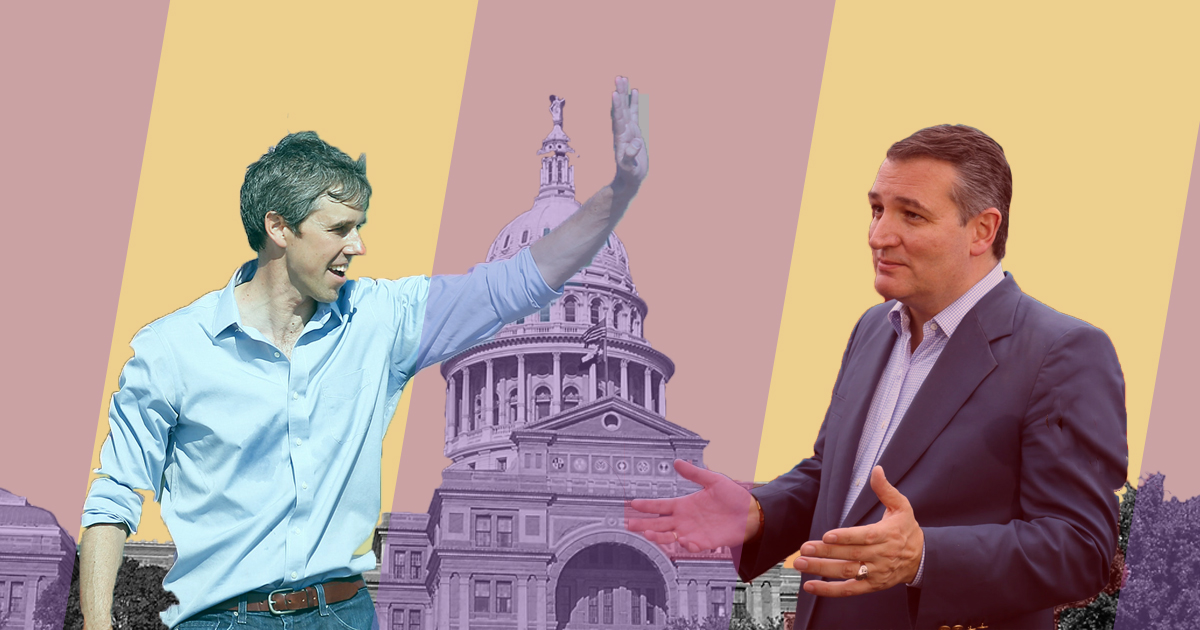
The Violence of Trump’s Words
How do we assess blame for the consequences of dehumanizing rhetoric?

From the start, the essence of Donald Trump’s political project has been the dehumanization of others. When he descended the gilded escalator at Trump Tower in June 2015 to kick off his presidential campaign, he famously told a national TV audience that Mexico was “not sending their best.” The people coming across the border were “bringing drugs. They’re bringing crime. They’re rapists.” Two months later, two brothers in Boston found Guillermo Rodriguez, a 58-year-old Hispanic homeless man and a legal resident of the United States, sleeping outside a subway station. They urinated on his face, and when he woke up, the men took a metal pole and beat Rodriguez around his head and chest. The two men told police that “Donald Trump was right. All these illegals need to be deported.”
Rodriguez was in some ways the president’s first victim, the canary in the coal mine, and as such his name ought to be better known. Of course, the people ultimately responsible for what happened to Rodriguez were the two men who beat him. From the very beginning of Trump’s campaign, we’ve struggled with a core question: How do we assess blame for the consequences of dehumanizing rhetoric?
The Rodriguez case is demonstrative in part because one of the brothers had previously attacked a Sikh man in Boston after 9/11. In other words, he was prone to violent hate crimes, and 9/11 had incited him. So had Trump’s campaign. It encouraged him to go further, to take action. It gave him permission, just as the president now is permitting others to freely express long-hidden beliefs.
If you strip away parties and ideologies and everything else, the dividing line that matters in politics is pretty simple: Are those in power encouraging more empathy, or less?
Our culture is obsessed with personal responsibility and free speech. “Sticks and stones may break my bones,” we teach children to say, “but words will never hurt me.” But words are very powerful. We don’t really have the vocabulary to describe the culpability a person holds for making others believe that a particular group of people is less than human. But just as empathy must often be taught, so can indifference. When we demonize others, we share in the responsibility for how they are treated in the future. Political rhetoric can be a blunt and insidious weapon, and its considered use is a moral imperative of power.
Trump is not to blame for the shooting, in June, of five newspaper employees in Maryland. But three days earlier, he told his national audience that the press was “the enemy of the people,” a phrase he’s often used. Trump has repeatedly used the presidency to attack the free press and its practitioners. The shooter, Jarrod Ramos, had tweeted in support of Trump in the past. We may never know if Trump’s statements incited Ramos, but what we already know is plenty. Trump has helped to instill in many citizens the view that the press is less than human.
Migrants, not journalists, have borne the brunt of Trump’s campaign of dehumanization. A cultural lack of empathy for immigrants and refugees is a necessary precursor to the changing of state policy. Here the question of culpability gets trickier, because Trump is a relative latecomer to scapegoating immigrants — he’s building on a foundation that others have been laying for decades. Healthy societies don’t change overnight and start putting toddlers in prison camps. That’s a sickness of an advanced stage. Just as Trump is enabling people to degrade and punish migrants, so too have his predecessors enabled Trump.

In 2006, now-Lieutenant Governor Dan Patrick, then an oddball state senator, told conservative groups that migrants were vehicles for disease and impurity — he warned that leprosy and polio were crossing the border aboard human hosts. In 2014, when Patrick ran for lieutenant governor, a man who was an undocumented worker at one of Patrick’s old restaurants came forward. His accusation: Patrick had treated him kindly, and even offered to pay his way home to visit a sick relative. Patrick denied it in the strongest possible terms. It had become a political liability to think of Mexican workers as human.
If you strip away parties and ideologies and everything else, the dividing line that matters in politics is pretty simple: Are those in power encouraging more empathy, or less? Our leaders have been members of the latter camp for decades now — it’s a bit like they’ve been tincturing the water with lead. Though Trump represents the current nadir of that political style, all of them are culpable. It will take many years to undo — if, indeed, it can be undone at all.


